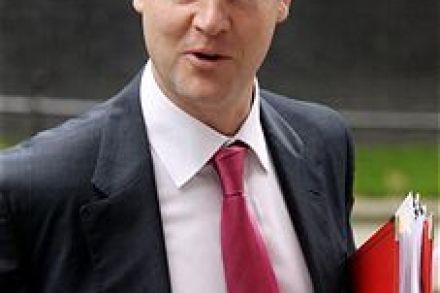Question: how much do we contribute towards the EU budget?
Answer: it depends on how you look at it. I’ve put together the chart below (click for a larger version), which sets how much money we’ve given the the EU since 1973. There are three lines for each year: i) our gross contribution, ii) our total contribution (which is the gross contribution minus the money



















